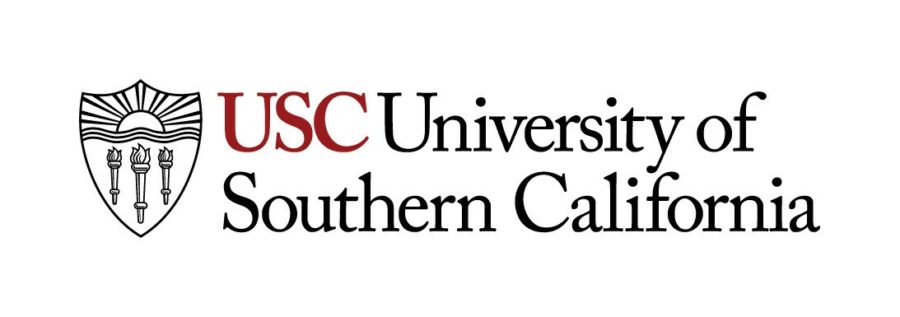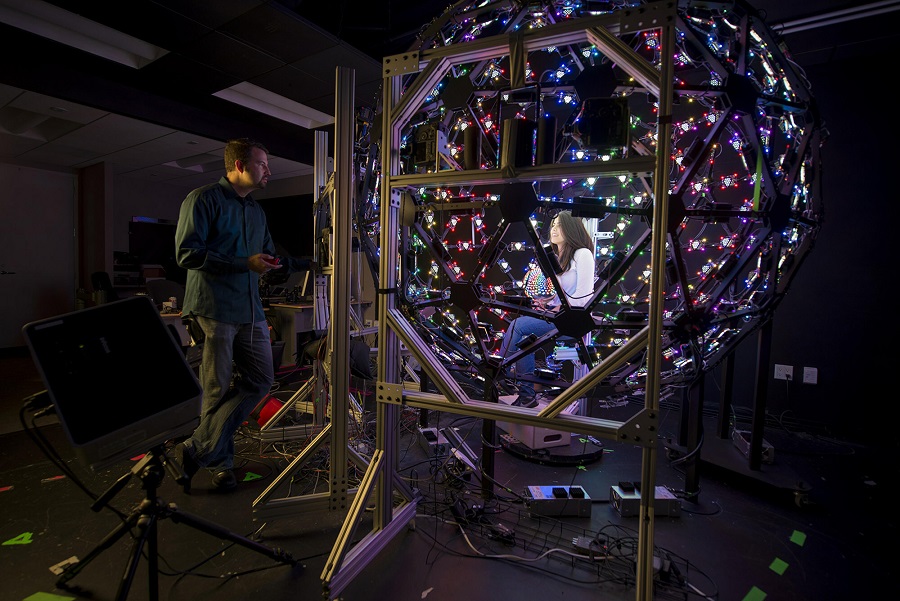
In Augmented Reality and Virtual Reality News
May 9, 2023 – The University of Southern California (USC) President has recently announced a USD $1 billion-plus initiative for computing research and education across disciplines, with a focus on AI, machine learning and data science, augmented and virtual reality (AR/VR), robotics, gaming and blockchain.
Titled ‘Frontiers of Computing,’ the announcement marks the single largest comprehensive academic initiative in the university’s history. The initiative will integrate computing throughout education and research to enhance digital literacy for all students as the university aims to hold its lead as a top provider of tech professionals.

Seeded with a USD $260 million gift from the Lord Foundation of California, USC stated that the Frontiers of Computing initiative encompasses a multipronged effort to push the boundaries of computing into a new era, and includes:
- A new school: The USC School of Advanced Computing will be headquartered in a seven-story, 116,000 square-foot facility – the Dr. Allen and Charlotte Ginsburg Human-Centered Computation Hall. The building, now under construction, will formally open in fall 2024.
- Recruitment: 30 new faculty will be hired in the first three years who are leaders in computer science and computing-based research, with USC aiming to hire 60 additional faculty and staff by 2030. USC noted that the new faculty members will hold appointments in multiple schools at USC in recognition that computational methods, particularly AI, are transforming the way people live and work.
- Economic impact: USC Frontiers of Computing will help to bolster the university’s influence on technology across various industries and expand its footprint in Silicon Beach on L.A.’s West side, which already is home to two of USC’s tech incubators; the Information Sciences Institute and Institute for Creative Technologies. USC currently has a USD $9 billion economic footprint in the L.A. area, according to a study in 2017, and its impact is expanding to the East Coast, with the new USC Capital Campus in Washington, D.C.
- Education: The initiative will broadly integrate computing across multiple disciplines and academic programs. USC aims to prepare students for a more tech-intensive world of work, spark new technological advances and shape responsible policy through new programs and course offerings, as well as through experiential education.
- Ethics: USC is instilling a culture of responsibility and conscience among students, faculty and its broader community across academic programs and research that it hopes will influence application, development, policy and research, according Ishwar K. Puri, senior vice president for research and innovation. The new Center for Generative AI and Society is prominent within the initiative’s ethics endeavor. The recently opened center draws together experts from across the university to navigate difficult discussions about ethics and responsibility and generative AI.
Commenting on the announcement, USC President Carol L. Folt stated: “I want every student who comes through our programs, whether they are in science, business, the humanities or the arts, to have a solid grounding in technology and the ethics of the work that they do.” Folt added, “We will integrate digital literacy across disciplines to create responsible leaders for the workforce of the future.”
According to USC, leaders at the university began developing Frontiers of Computing three years ago, before the recent rise of artificial intelligence and generative AI.
USC already is a leading provider of tech talent for the U.S. More than 1,300 students per year graduate with bachelor’s, master’s and PhDs in computer science, according to the university.
For more information on the Frontiers of Computing initiative at USC, click here.
Image credit: University of Southern California / Chris Shinn
About the author
Sam is the Founder and Managing Editor of Auganix. With a background in research and report writing, he has been covering XR industry news for the past seven years.
